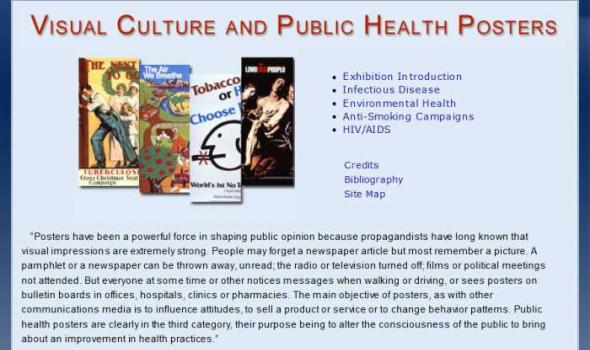Category: Fine Arts, Image, University of Toronto
Results
Hollar was born in 1607, the son of an upper middle-class civic official. Very little is known about his early life, but he evidently learned the rudiments of his craft by age eighteen, left his native Prague at age twenty, and likely studied in Frankfurt under Matthaus Merian. His first book of etchings was published in 1635 in Cologne when Hollar was twenty-eight. The following year he came to the attention of the renowned art collector the Earl of Arundel who was making an official visit to the continent, and Hollar subsequently became a part of his household, settling in England early in 1637. He remained in England during the beginning of the English Civil War period, but left London for Antwerp in 1642, where he continued to work on a variety of projects.
This collection features approximately 4500 full page plates and other significant illustrations of human anatomy selected from the Jason A. Hannah and Academy of Medicine collections in the history of medicine at the Thomas Fisher Rare Book Library, University of Toronto. Each illustration has been fully indexed using medical subject headings (MeSH), and techniques of illustration, artists, and engravers have been identified whenever possible. There are ninety-five individual titles represented, ranging in date from 1522 to 1867.
AGNES CHAMBERLIN In addition to the original paintings the Chamberlin digital collection also includes early editions of Canadian Wild Flowers and two editions of Studies of Plant Life. The story of how Canadian Wild Flowers came to be published is a fascinating one and throws considerable light on the state of publishing in Canada at the time, as well as on the determination and talent of Agnes herself. When her husband died in 1865 Agnes was left with very limited means, and set to work to supply illustrations for thirty of the flowers described in Mrs. Traill's manuscript, depicting them in ten groupings. Having secured five hundred subscribers for the work, she then found there was no lithographer in Toronto willing to undertake the printing.
About FADIS FADIS (Fine Art Digital Imaging System) is a content management system designed for the teaching, studying and researching of art, architecture and visual culture. FADIS combines the digital management of electronic resources with a courseware system and provides an intuitive interface that reflects higher educational teaching needs. The goal of FADIS is the creation of a shared common repository amongst participating institutions. FADIS is currently free to any participating institution contributing content to the collection.























